Why the Hell Are You Right here? Deconstructing the Instructor-Pupil Anime Trope and Its Enduring Attraction
Associated Articles: Why the Hell Are You Right here? Deconstructing the Instructor-Pupil Anime Trope and Its Enduring Attraction
Introduction
With nice pleasure, we’ll discover the intriguing subject associated to Why the Hell Are You Right here? Deconstructing the Instructor-Pupil Anime Trope and Its Enduring Attraction. Let’s weave attention-grabbing info and provide contemporary views to the readers.
Desk of Content material
Why the Hell Are You Right here? Deconstructing the Instructor-Pupil Anime Trope and Its Enduring Attraction

The anime panorama is a sprawling, numerous tapestry woven with numerous genres and archetypes. But, sure tropes stubbornly persist, their enduring recognition a testomony to their inherent attraction, even when these appeals may appear, on the floor, problematic. One such trope, typically sparking heated debate and intense fascination, is the teacher-student romance, often introduced in anime as a fancy and infrequently morally ambiguous relationship. Sequence like Classroom of the Elite, Assassination Classroom, and even seemingly harmless exhibits like Horimiya contact upon the facility dynamic inherent within the teacher-student relationship, resulting in the query: why the hell are we right here, watching these exhibits? This is not a easy query of voyeurism or prurient curiosity; it is a deeper dive into the narrative complexities, psychological explorations, and societal reflections these anime provide.
The fast, and infrequently probably the most readily dismissed, cause is the inherent forbidden fruit side. The facility imbalance between instructor and scholar creates a pure stress, a way of transgression that captivates the viewer. This is not merely in regards to the sexual stress, although that is undoubtedly a major factor for some viewers. It is in regards to the transgression of societal norms, the breaking of established guidelines and expectations. The forbidden nature of the connection inherently raises the stakes, making a dramatic battle that drives the narrative ahead. The danger, the potential for scandal, and the emotional upheaval contribute to a heightened sense of drama that retains audiences engaged. Nonetheless, decreasing the attraction solely to this ingredient is an unlimited oversimplification.
A extra nuanced understanding requires inspecting the narrative potential inherent within the teacher-student dynamic. The instructor, typically portrayed as a determine of authority, data, and maturity, offers a stark distinction to the scholars, who’re sometimes depicted as susceptible, impressionable, and within the technique of self-discovery. This distinction permits for compelling character growth on each side. The instructor, typically burdened by their very own previous experiences or private struggles, would possibly discover a renewed sense of function or an opportunity for redemption by their interactions with the scholars. The scholars, in flip, can study worthwhile life classes, overcome private challenges, and develop as people beneath the steerage (and generally, the unconventional affect) of their instructor.
Many anime using this trope cleverly subvert expectations. They do not merely deal with the romance itself however as a substitute use it as a catalyst for exploring complicated themes. Assassination Classroom, for instance, makes use of the unconventional relationship between the scholars and their tentacled murderer instructor to discover themes of schooling, societal expectations, and the character of fine and evil. The romantic ingredient, although current, is secondary to the overarching narrative of self-discovery and the scholars’ journey in the direction of attaining their targets. Equally, Classroom of the Elite makes use of the teacher-student dynamic as a backdrop for exploring social hierarchies, manipulation, and the cutthroat nature of competitors. The romantic relationships, whereas current, are sometimes intertwined with strategic maneuvering and energy performs, including one other layer of complexity to the narrative.
The psychological facets of the teacher-student relationship are additionally essential in understanding its attraction. The instructor typically acts as a mentor determine, providing steerage and assist to the scholars. This mentorship could be a highly effective supply of emotional connection, fostering emotions of belief, respect, and even affection. The scholars, in flip, would possibly idealize their instructor, projecting their hopes and aspirations onto them. This idealization can result in intense emotional attachments, blurring the strains between skilled and private relationships. The anime typically explores the psychological penalties of this imbalance, showcasing the emotional turmoil and inner conflicts skilled by each the instructor and the coed.
Moreover, the teacher-student dynamic offers a fertile floor for exploring themes of mentorship, steerage, and the complexities of human relationships. The anime typically examines the moral dilemmas concerned in such a relationship, prompting viewers to query the boundaries of acceptable conduct and the results of crossing these strains. This exploration is not all the time easy; it typically presents morally grey areas, forcing viewers to confront their very own biases and preconceptions about authority, accountability, and private relationships.
Nonetheless, it is essential to acknowledge the potential pitfalls of this trope. The facility imbalance inherent within the teacher-student relationship can simply be exploited to create narratives which are exploitative or romanticize unhealthy dynamics. The portrayal of a instructor participating in a romantic relationship with a scholar will be seen as minimizing the potential hurt brought on by such actions and normalizing abuse of energy. Accountable storytelling is paramount in navigating this delicate territory, making certain that the narrative does not inadvertently condone or glorify such relationships. The most effective examples of this trope in anime attempt for nuance and complexity, exploring the moral implications and the potential for hurt whereas nonetheless providing compelling character growth and narrative intrigue.
Finally, the enduring attraction of the teacher-student anime trope lies in its capability to discover complicated themes of energy, authority, mentorship, and private progress inside the framework of a compelling narrative. It permits for the examination of societal norms, the exploration of psychological complexities, and the confrontation of moral dilemmas. Nonetheless, the success of those anime hinges on accountable storytelling, a cautious consideration of the potential pitfalls, and a dedication to exploring the nuances of the connection with out minimizing the potential hurt or romanticizing abusive dynamics. The query "why the hell are we right here?" is not answered by a easy rationalization of voyeurism or forbidden needs. It is a multifaceted query that requires a deeper understanding of the narrative complexities, psychological explorations, and societal reflections these anime provide, reminding us that even probably the most controversial tropes can function highly effective instruments for storytelling and self-reflection. The important thing lies in how these narratives are dealt with, making certain accountability and moral concerns stay paramount within the storytelling course of. Solely then can the "why" be totally understood and appreciated, past the preliminary intrigue of the forbidden.
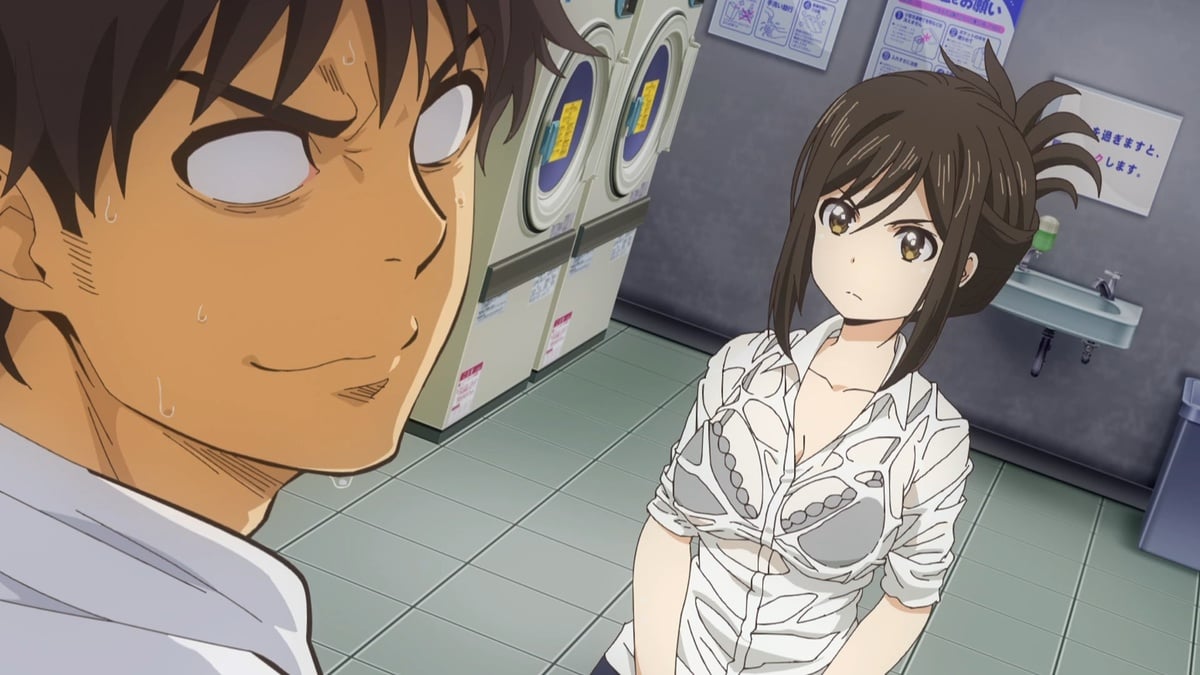

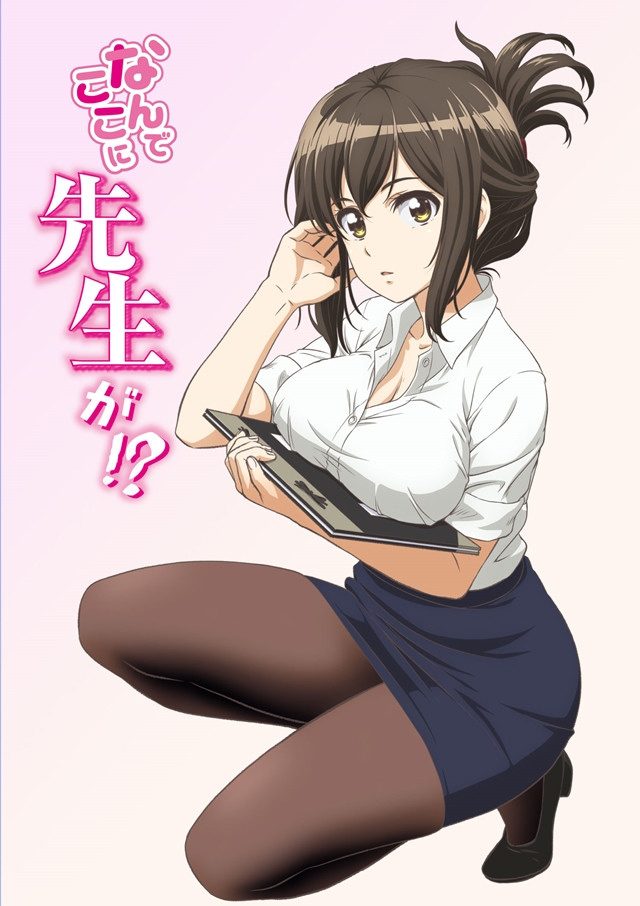
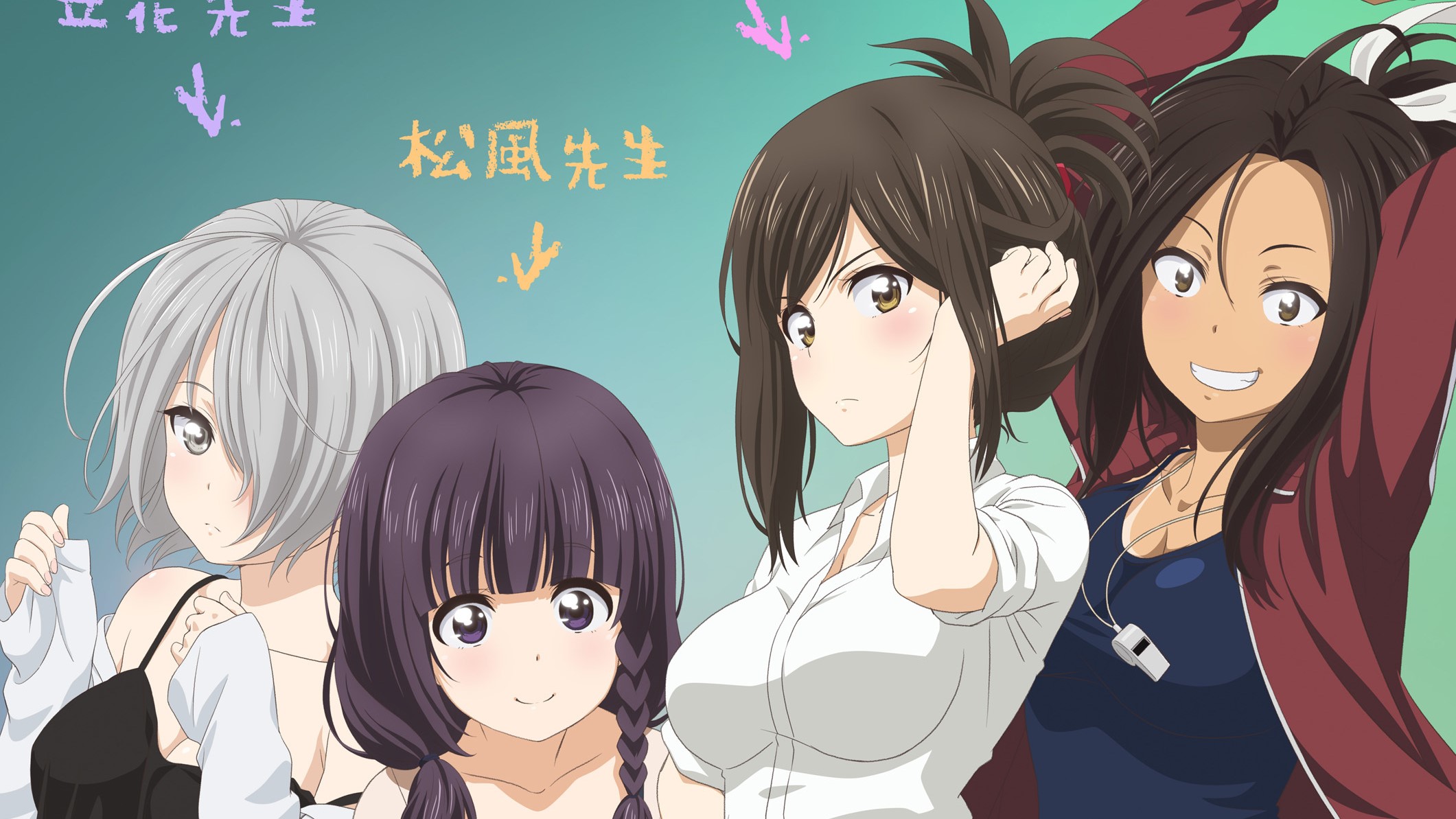

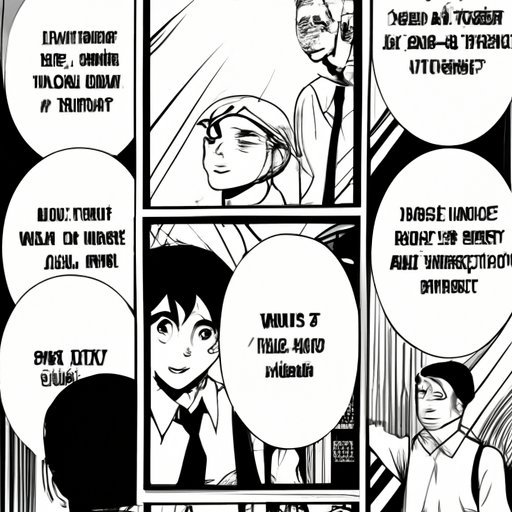
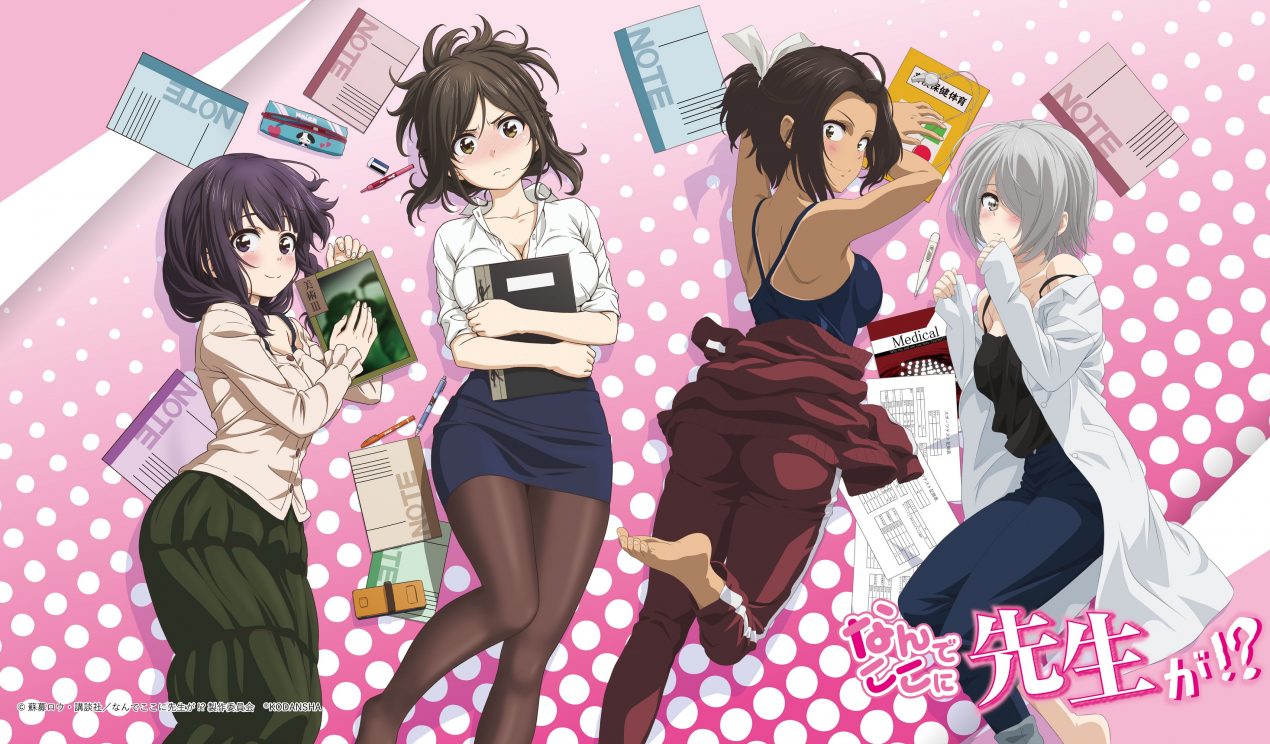

Closure
Thus, we hope this text has offered worthwhile insights into Why the Hell Are You Right here? Deconstructing the Instructor-Pupil Anime Trope and Its Enduring Attraction. We hope you discover this text informative and useful. See you in our subsequent article!

